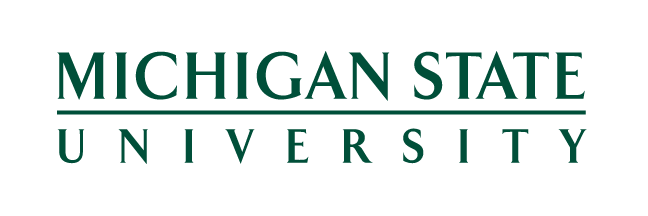Jeremy Singer
EPIC, Michigan State University
Katharine O. Strunk
University of Pennsylvania
Sarah L. Woulfin
University of Texas at Austin
Samantha A. Cullum
University of Pennsylvania
Lizeth Lizarraga
University of Texas Austin
Chanteliese Watson
Michigan State University
Erica Harbatkin
EPIC, Florida State University
A Research Report from EPIC
Student Attendance and Well-Being in Round 4 Partnership Districts
January 2024
Non-academic outcomes are particularly important in the aftermath of the COVID-19 pandemic, which exacerbated chronic absenteeism and student mental health issues. Recent analyses suggest that increases in chronic absenteeism may have played a significant role in the test score declines associated with pandemic disruptions to learning; and Michigan schools that have been effective in helping their students recover from the pandemic did so in part by prioritizing student well-being as a foundational condition for student learning.
A major issue for Partnership districts and schools, however, is how to address student attendance and well-being while maintaining coherence in their school improvement efforts. Improving instruction or educator retention cannot be approached entirely separately from these non-academic issues, which can contribute to stressful and uncertain working conditions and hinder quality instruction. Yet, schools have relatively little experience developing and improving organizational systems and practices outside of the instructional core. Thus, schools may struggle to effectively address both academic and non-academic issues coherently, especially if those issues are highly complex or great in magnitude.
The purpose of this report is to provide a baseline assessment of student attendance and well-being in Partnership districts and schools during the 2022-23 school year, as well as highlight the approaches educators in those districts and schools were taking to address challenges in those areas. Key findings include:
- Partnership schools had high chronic absenteeism rates, even prior to the COVID-19 pandemic, and attendance challenges were exacerbated by the pandemic.
- Partnership districts were implementing school attendance practices and are primarily focused on communication- and incentive-based approaches.
- Students in Partnership districts face significant socioemotional and socioeconomic challenges. Partnership educators reported persistent concerns related to student mental health.
- Partnership districts are implementing social-emotional learning practices and turning to social workers and counselors to address these student mental health challenges.



